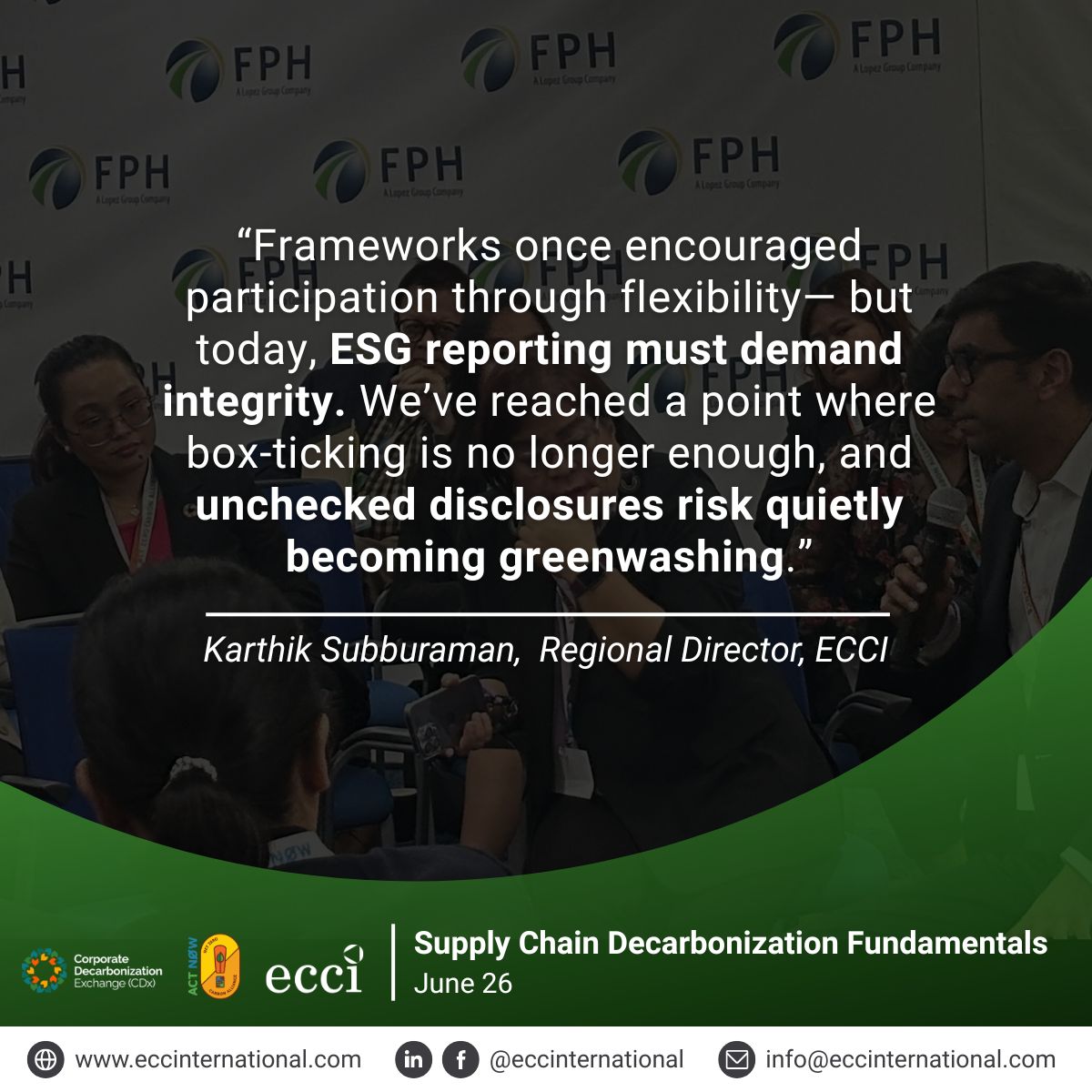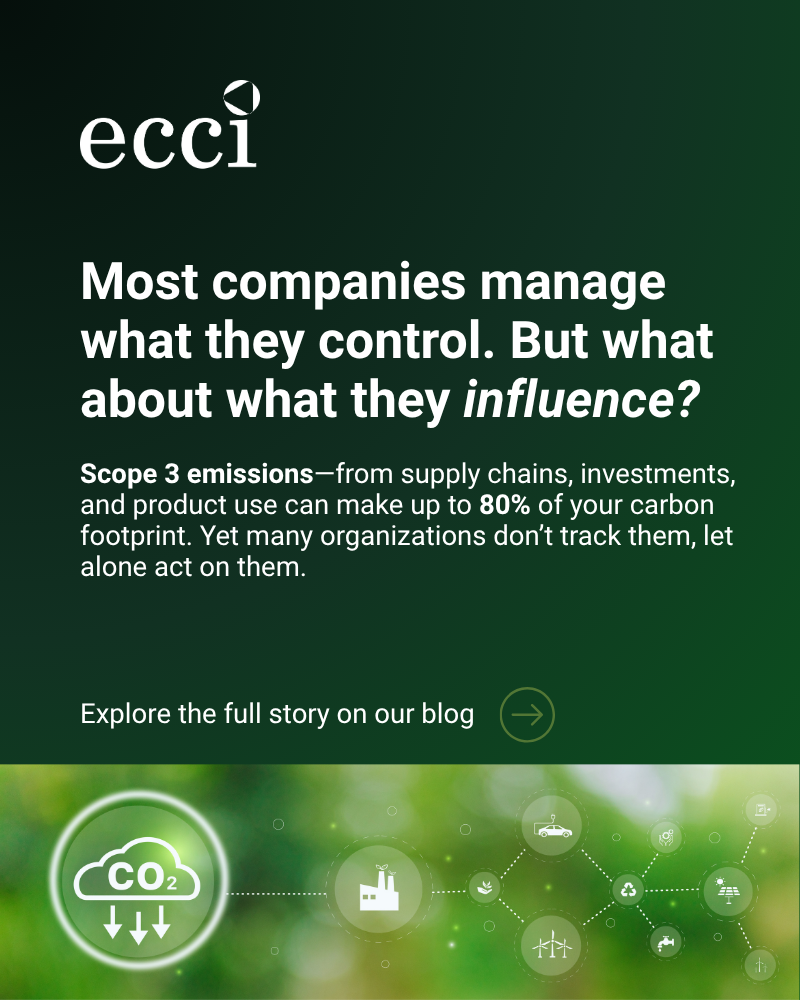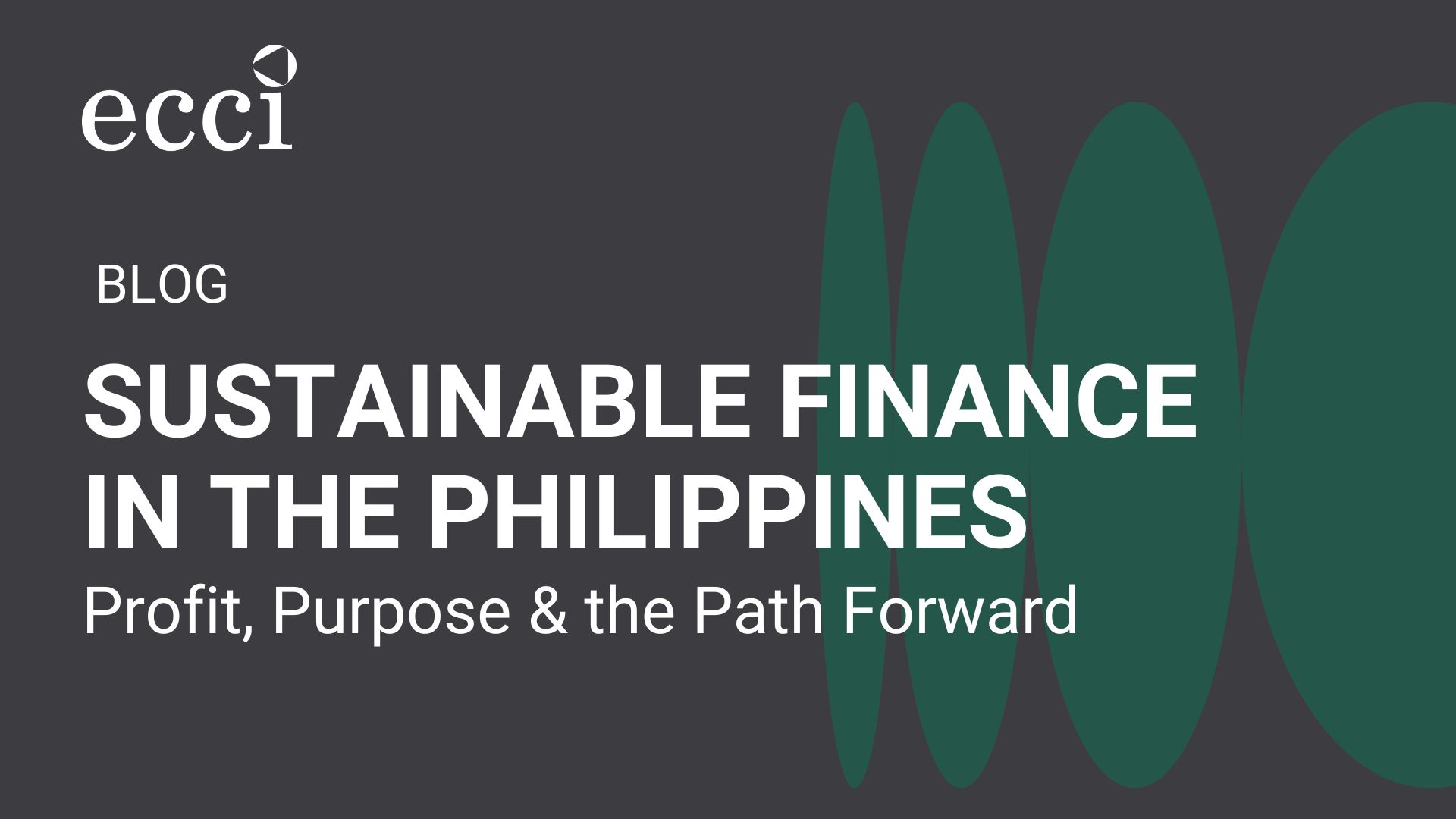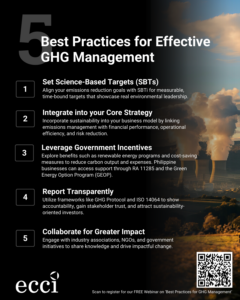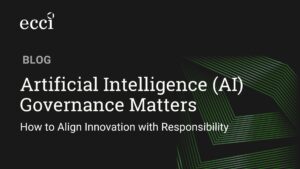Manila, Philippines– With the urgency of climate action reaching boardroom agendas and investor scorecards, ECC International (ECCI) reaffirmed its role as a key enabler of corporate sustainability during the “Supply Chain Decarbonization Fundamentals” training held on June 26, 2025, at Rockwell Business Center, Ortigas. The one-day workshop—organized by the Net Zero Carbon Alliance (NZCA) and the Southeast Asia Corporate Decarbonization Exchange (CDx)—brought together over 100 business leaders, sustainability practitioners, and policy advocates from across the region.
As an ESG pioneer with decades of experience in sustainability integration, ECCI actively contributed thought leadership and actionable guidance in the event, with Regional Director Mr. Karthik Subburaman featured as a protagonist speaker in Module 4: Transparent Reporting & Enhancing Brand Visibility.
From Reporting Flexibility to Strategic Truth-Telling
In a dynamic fishbowl discussion, Karthik reflected on the early days of ESG reporting—particularly the flexibility offered by frameworks like GRI, which allowed organizations to selectively disclose topics under “Core” and “Comprehensive” approaches. This flexibility, he noted, was strategic: it encouraged participation at a time when reporting was still nascent and largely voluntary.
“Frameworks once encouraged participation through flexibility—but today, ESG reporting must demand integrity. We’ve reached a point where box-ticking is no longer enough, and unchecked disclosures risk quietly becoming greenwashing.” he remarked.
His message emphasized the need for companies to shift from a compliance mindset to one that treats reporting as a strategic, truth-telling tool—not only to meet expectations, but to earn stakeholder trust in an increasingly skeptical and informed marketplace.
Karthik’s Five Priorities for Inclusive Decarbonization
Expanding on the need for ecosystem-wide transparency, Karthik laid out five key enablers to ensure SMEs can actively participate in the decarbonization movement:
- Requirements – Clearly define and communicate emissions and reporting expectations across the supply chain.
- Suppliers – Engage directly with suppliers as strategic partners, not just compliance checkboxes.
- Leverage Tools – Provide easy-to-use digital solutions and toolkits to reduce technical and financial barriers for SMEs.
- Enjoin Ecosystem Stakeholders – Collaborate with actors like UNIDO and PCCI to foster support infrastructure and shared capacity-building platforms.
- Promulgation – Move beyond pilot programs and embed best practices into formal procurement systems, regulations, and industry-wide standards.
These recommendations echoed the broader theme of the training: corporate net-zero targets cannot succeed unless the entire ecosystem is enabled to act—particularly suppliers in emerging markets like the Philippines.
Why It Matters for ECCI
ECCI’s presence at the workshop reflects its broader mission: to empower organizations with the tools, strategies, and partnerships necessary to pursue climate goals with integrity and inclusiveness. As regulatory scrutiny rises and climate disclosures become mandatory, ECCI continues to guide companies through this transition—not just with frameworks, but with pragmatic, localized support.
Whether through capacity-building, advisory, or collaborative partnerships, ECCI remains committed to driving meaningful climate action across Southeast Asia’s value chains.
To learn more about how ECCI supports companies in their sustainability and supply chain transformation journeys, visit: https://www.eccinternational.com/consulting-category/corporate-sustainability-governance/

